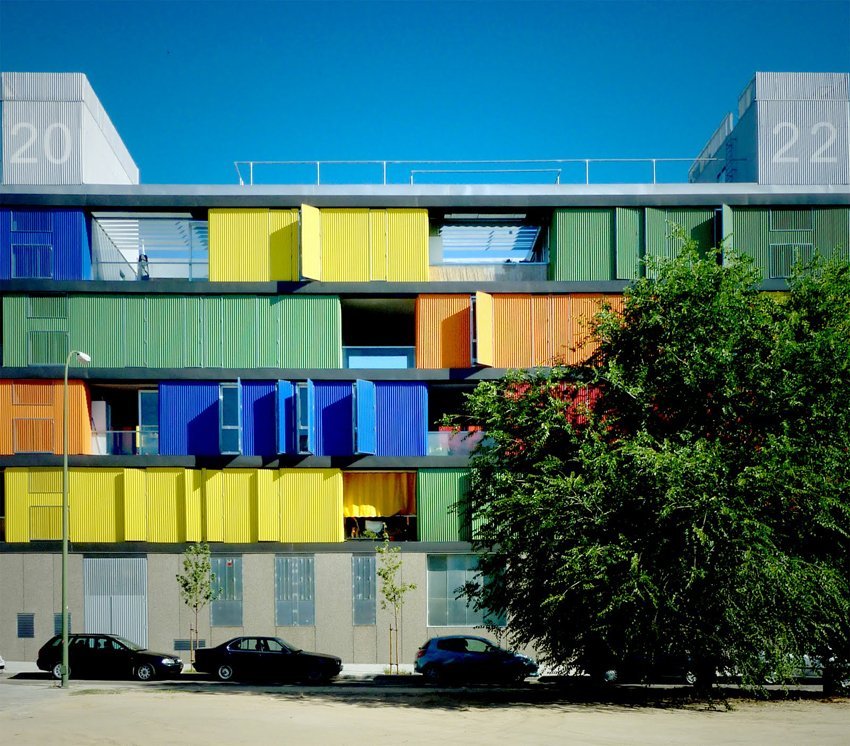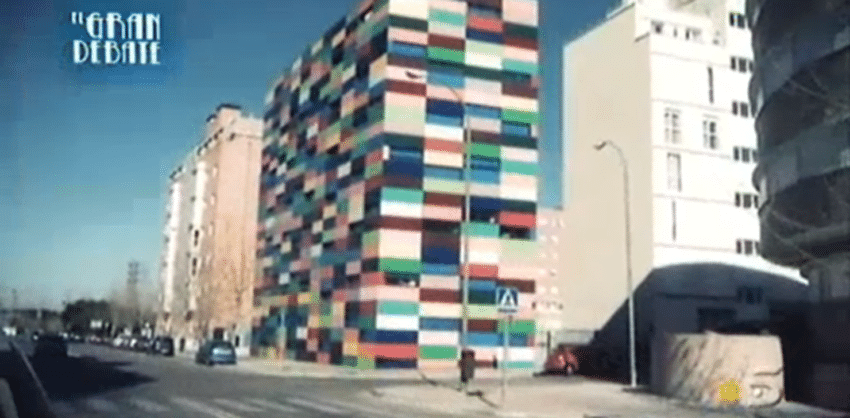I think that it has happened to all of us. When you read in the media about a topic you know, you surprised with the “inaccuracies” committed. This fact always makes me think when I read something I do not know.
We must stop talking and listen to experts. That is the only way to approach to reality to avoid the real estate demagoguery.
Last Saturday February 4, it was broadcasted in Telecinco “El Gran Debate” entitle:

As usual, the script was based on demagoguery and light judgment on issues that require expert analysis.
So I do not understand a TV “show”. Worthless.
Advertisers may not leave again, but I did not like it.
Although the need to propose solutions was repeated, the script was different: blame on someone and human dramas.
So, for example, from the Affected by Mortgage Proponents (actually, we all are almost in the association unwittingly) the message transmitted is that squat is justified.
Later, among the guests of the public, the “enlightened” arise with irrefutable solutions. Soooo cheap real estate demagoguery.
Sandra Barneda continues with the script: “They prefer to die rather than leave their homes”.
Banks are bad against the weak. How easy!
Why don’t they talk about the rulers who for years have done nothing to solve the big problem?
Banks do not lie. They lend money to make money. The responsibility is shared.
The construction process of a building is complex. There are multiple participants. If one of the parties does not make its job, it may affect the final result. Everyone may be responsible.
I found some involvement of Gonzalo Bernardos at least, disconcerting:
“Spain is one of the countries where it is built worse.”
I do not understand that he is Vice President and Director of the Master of Real Estate Advisory Services of the University of Barcelona.
As Carmen Tomás, said, the institutions in charge of construction of a building should supervise the proper execution of the works. It is their responsibility. This was another good example of real estate demagoguery.
Of course there are cases of negligence in the process and La Noria is then responsible for finding them.
It was about hitting left and right and it was done.
Then, it was the architects’ turn
“We have visited some of these hideous buildings” said Jordi González.

Frivolously, construction merges with architecture.
In many cases, hurry and low-skilled workers are responsible for poor construction. Cracks do not often result from a bad project. They come from poor execution.
An architect propose his idea in a competition. Institutions choose the one they consider most appropriate. It is their responsibility to choose well.
However, I will not defend architects for the simple fact of being part of the collective.
Rather I will do the opposite.
I am in favor of leaving things to chance. It is not acceptable designing buildings that hold in virtual space but they are not realistic for the future.
The example of a building with a structure prepared for growing vines is good.
Who is responsible for this result so pitiful?
It might be the architect if he did not understand that in that climate it would not work or if, for example, he did not succeed with vegetation type. It might also be the institution that received the building and they did not assign a budget to maintain it. Or maybe, the builder made the supporting structure as best he was able with the budget he had.
Although I do not quite understand the solution for homes, there are many good projects with vertical gardens implemented. The Caixa Forum in Madrid or the one by Emilio Ambasz in Fukuoka, whose motto is “green over the grey“.

It is true that during the show, also images of buildings-experiment were broadcasted.
The housing block of Alejandro Zaera Polo is, in my view, a paradigm in that regard. The idea is brilliant. The execution very poor. Questionable result and uncertain future for the illusion of the final owners.
You can see the full show or a summary and draw your own conclusions.
I found much more interesting this report entitled “Who lives there?” by Comando Actualidad.
It was also tendentious but not as much as the “big debate”.

